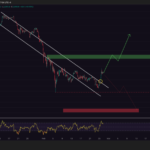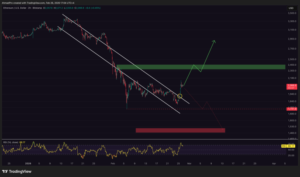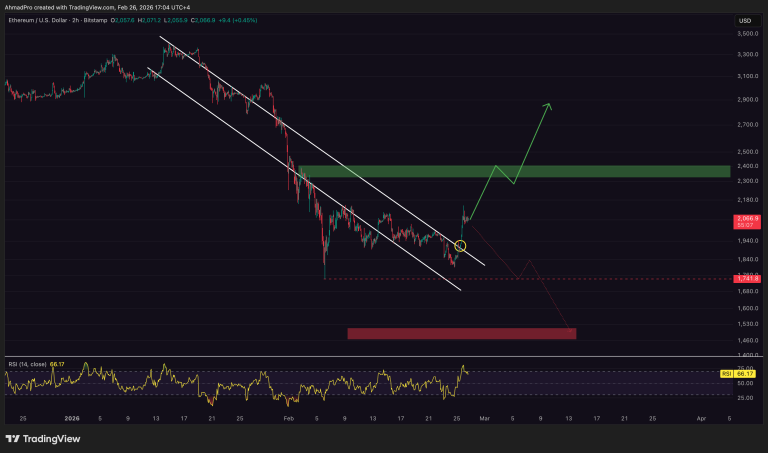Last updated:
 Why Trust Cryptonews
Why Trust Cryptonews
Ad Disclosure
We believe in full transparency with our readers. Some of our content includes affiliate links, and we may earn a commission through these partnerships.

A California court has fined five individuals involved in IcomTech’s fraudulent Bitcoin Ponzi scheme $5 million.
The court ruling, announced on December 11, 2024, found the defendants guilty of fraud and misappropriation of funds through a fake cryptocurrency trading operation.
Ruling Targets Five Defendants
The ruling targets David Carmona, Juan Arellano Parra, Moses Valdez, and David Brend, who were found in violation of the Commodity Exchange Act and CFTC regulations.
Marco A. Ruiz Ochoa received a separate consent order.
The five defendants falsely promised investors returns from Bitcoin (BTC) and other cryptocurrencies through a non-existent mining and trading platform.
They fraudulently solicited over $1 million from 190 individuals across the United States and internationally, leading to approximately $8.4 million in misappropriated funds by December 2022.
As part of the ruling, Carmona, Arellano Parra, Valdez, and Brend will each pay a $1 million civil penalty and contribute $1 million in restitution to the victims. Ochoa, along with the others, will also pay restitution.
The financial penalty exceeds $5 million, and all five individuals have been permanently banned from engaging with CFTC-regulated markets.
IcomTech Mastermind Sentenced to 10 Years in Prison
This decision follows criminal sentences handed down earlier. In October, Carmona, the mastermind behind IcomTech, was sentenced to 10 years in prison for conspiracy to commit wire fraud.
Rodriguez was sentenced to eight years on October 31, while Brend received a 10-year sentence on December 2. In January, Ochoa was sentenced to five years in prison for his role in the scheme.
Between 2018 and 2019, IcomTech promised investors a 100% return every six weeks.
IcomTech promoters enacted the massive crypto scheme by attending lavish expos in luxury cars and wearing expensive clothing, giving the illusion that the sham digital asset company could offer investors financial freedom.
However, this facade began to crumble by August 2018 as investors struggled to withdraw their funds from the platform.
“As complaints mounted, IcomTech began offering proprietary crypto-tokens for sale as a means of injecting liquidity into IcomTech,” the press release states. “Promoters of the schemes claimed that these tokens…would eventually be worth a significant amount of money…”
In reality, the tokens had zero real value. This led to further financial harm to the schemes’ victims, who stopped receiving funds entirely by the end of 2019.




















